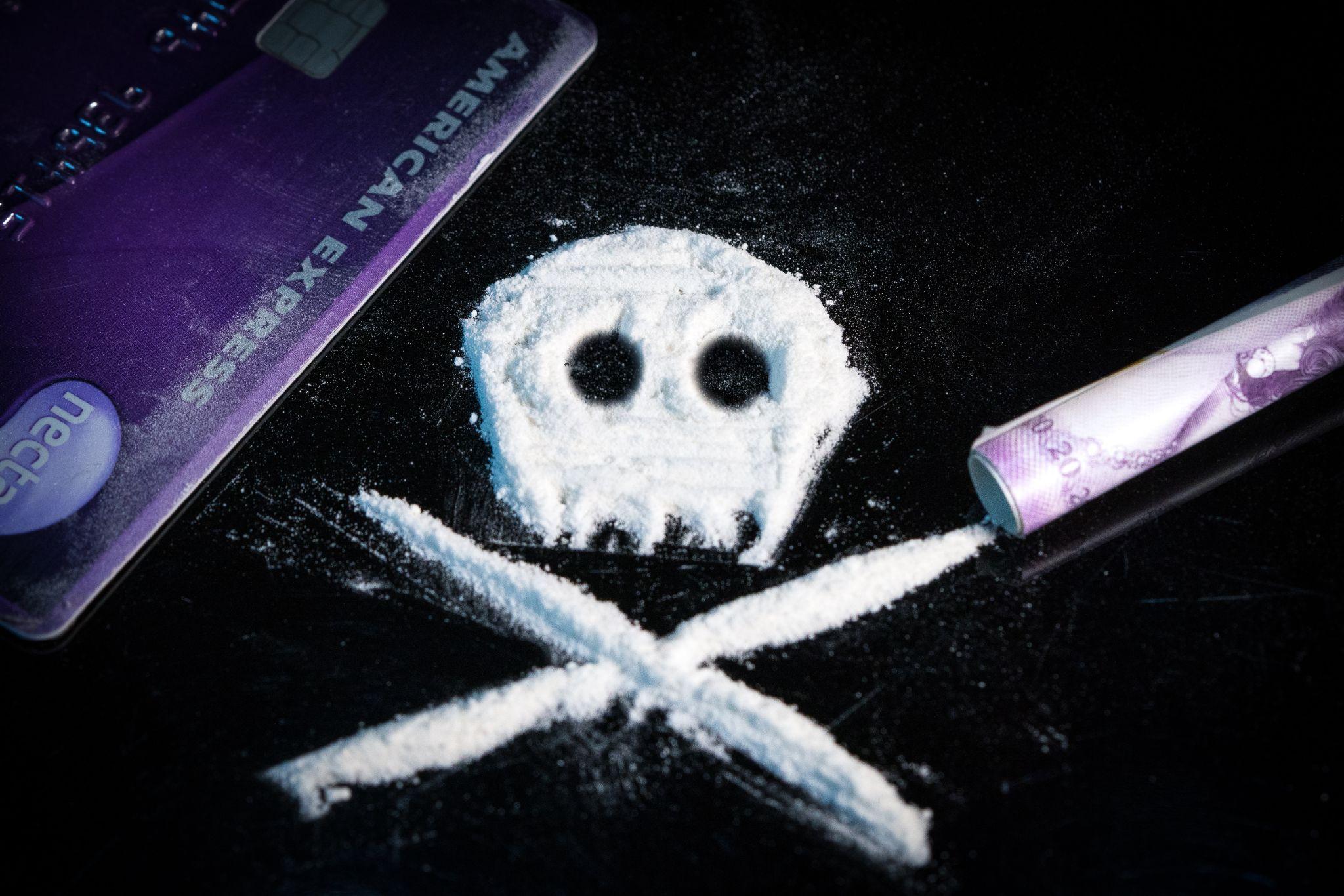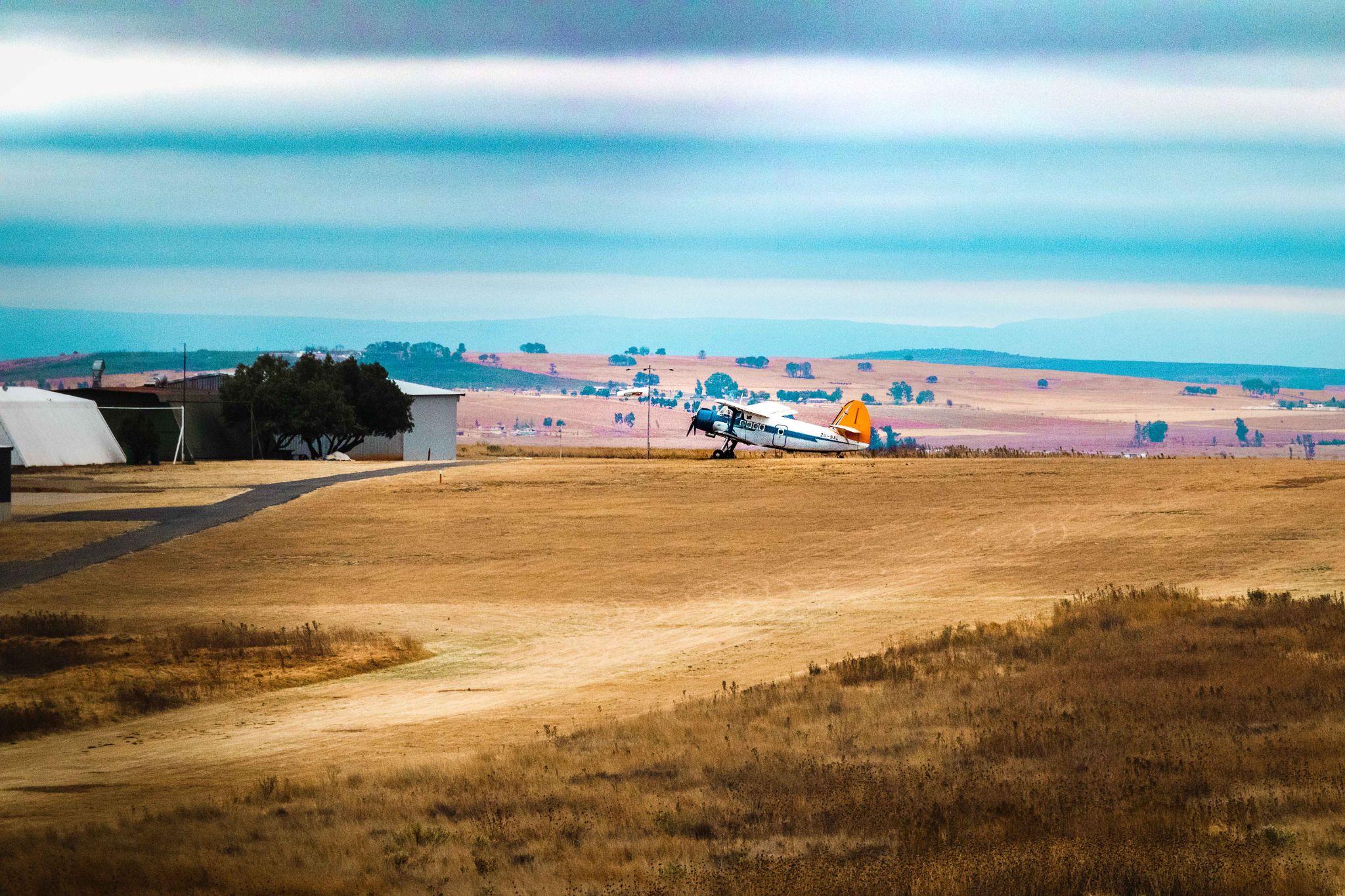How is Nigeria Involved in the World Drug Trade?

Nigeria has seen a dramatic increase in drug trafficking in recent years and, in this article, we examine Nigeria’s role in the world drug trade in 2022.

On the Gulf of Guinea, Nigeria is one of the largest countries in Africa at 923,768 square kilometers, and is known for its rich heritage and creative industries, including the second largest film industry in the world.
Colonised by the British between 1884 and 1960, Nigeria’s vibrant and diverse culture has recently been blighted by the drug trade.
Until the early 1980s, the number of drug supply cases in Nigeria were relatively low, certainly in comparison to many other countries. In the past 10 years, however, there has been a marked increase in drug use and drug trafficking in this African country.
In this article, we’ll explore the state of Nigerian drug trafficking as well as the causes and consequences. Let’s delve in…
Nigeria and the World Drug Trade
In 1994, the United States of America chose to decertify Nigeria due to the African country’s continued failure to cooperate with the USA in controlling the flow of illegal drugs into the States.
In 2021, it was reported that there are around 14.3 million drug users in Nigeria, 3 million of which are considered to be addicts. In addition to addiction problems within Nigeria, the country has experienced an increase in drug trafficking offences.
The main drugs involved in the Nigerian drug trade are Class A drugs, heroin and cocaine, however, the country also has involvement in the distribution of Cannabis.
Each year, illegal drugs are responsible for around 565,000 deaths and many of these are attributed to heroin and cocaine.
What Are the Causes of the Rise in Drug Trafficking?

Nigeria is a transit point for illegal drugs which are smuggled from South America into North America and Europe.
Nigerian residents who are found to be guilty of drug trafficking offenses, particularly Class A drug offenses, face life imprisonment. Despite this, the rising numbers of Nigerian drug traffickers suggest that the possible penalties provide little deterrent.
The cause of the rising drug traffic problem in Nigeria almost certainly stems from the country’s considerable social issues, which include:
- Unemployment – In 2021, it was reported that the unemployment rate in Nigeria rose by 27.1% to 35% – a figure which is considerably higher than other African countries
- Wages – The minimum wage in Nigeria, which is extremely low, has remained unchanged for several years, despite inflation increasing at normal levels.
- Corruption – Levels of corruption within Nigerian politics and government
departments has always been a concern.
- Education – As with a number of other African countries, Nigeria lags behind in terms of education. This is largely due to a lack of books, a lack of unqualified teachers and a lack of sanitation. This means that a great number of Nigerian people do not have skills and therefore are only able to gain poorly paid work
- Borders – Nigeria borders a number of other countries including Cameroon, Chad, Benin and Togo, and patrolling at these borders is practically non-existent in most cases. This unfortunately allows for products, including illegal drugs, to be moved from place to place freely with little to no checks or resistance.
All of these factors come together to create a perfect storm of poverty, ignorance and desperation coupled with porous borders, whereby Nigerian residents are prepared to risk imprisonment by taking part in illegal activities in order to survive and support their families.

What Measures are in Place to Prevent Drug Trafficking?
Nigerian authorities and UNODC (United Nations office on Drugs and Crime) have been working together to tackle drug use and crime in Nigeria. The initiative is part of UNODC’s commitment to address and counter drug trafficking on a global scale and has included meetings and workshops attended by many influential people, including Vivian Okeke, Permanent Representative of Nigeria to the United Nations Vienna.
Additionally, the National Drug Law Enforcement Agency (NDLEA) has been working towards improving security at Nigeria’s airports and borders in order to better prevent the flow of drugs in and out of the country.
Chairman of the NDLEA, Mohammed Buba Marwa, said, “Nigeria will remain undaunted in adopting dynamic strategies to counter new approaches adopted by organised criminals, in order to make drug trafficking unattractive while ensuring forfeiture of the criminally derived assets, a tested and powerful deterrent to the proliferation of drug crimes and criminalities”.
Nigerian authorities continue to crack down on drug trafficking…
The valuable work being undertaken by agencies such as UNODC and NDLEA will, without a doubt, have a positive impact on the drug use and trafficking in Nigeria, however, there is still much more to be done.
Moving forward, it’s vital that Nigerian authorities take urgent action to deal with other social issues in Nigeria including poverty, unemployment, education and corruption. Many also feel that Nigeria needs to focus more on rehabilitation for offenders rather than imposing life sentences, which only add to the problems.
These root causes of Nigeria’s drug trade involvement continue to corrode the country’s infrastructure and destroy the lives of its residents and must be addressed before real change can happen.
As former Nigerian President, Olusegun Obsanjo put in in 2020, “West Africa is no longer only a transit zone of drugs but an attractive destination where pushers take advantage of the weak political system to perpetuate their trade. We believe that we should confront openly the political and governance weaknesses which the traffickers exploit”.
The post How is Nigeria Involved in the World Drug Trade? appeared first on NEWS.
